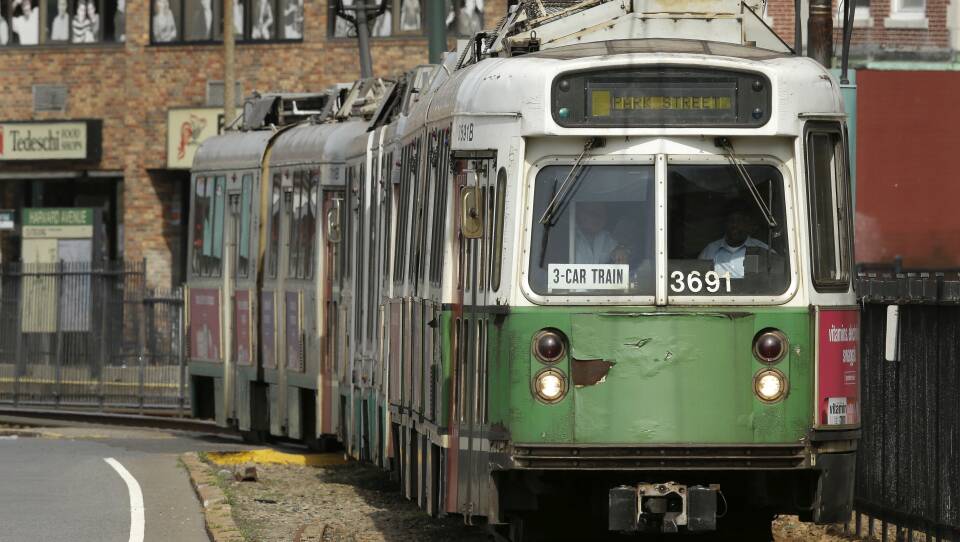In late July, Governor Baker signed a law that establishes a new, permanent board to oversee the MBTA. This is a huge win for communities and riders who depend on the T to get where they need to go, and it has the potential to lead to much-needed changes within the transit system.
In case you missed it, the new board will have seven members and at least one must be from an environmental justice population. The board is required to consider environmental, public health and workforce development issues at the MBTA. The board will also now be permanent, which does away with the yearly debate among legislators around extending its life. Finally, the language in the bill ensures that the board will focus solely on the pressing issues facing MBTA riders without having to consider other types of transportation like highways or aviation.
More Commentary
Here’s why all those provisions are so important.
Environmental justice populations have long been forced to bear the burden of emissions from transportation and highways — without receiving many of the benefits. With a required seat for a representative from an environmental justice population, the specific needs of these riders will be considered in all decisions moving forward. This will result in a fairer MBTA system that benefits all riders.
Up until now, planning and decision making at the T have not incorporated public health and environmental issues. The climate crisis is forcing us to rethink our diesel- and gas-fueled vehicles to cut climate-damaging emissions — 42% of which come from transportation in Massachusetts. Most of the MBTA’s buses and all the commuter rail trains operate on polluting diesel or compressed natural gas. At the same time, the other harms created by our transportation systems, including air and noise pollution, fall much harder on communities of color, limited English proficient households and low-income communities than others.
With the new board soon to be in place, we have a unique opportunity to reimagine the MBTA system to electrify vehicles to cut climate-damaging emissions and air pollution that harms public health. We must also improve the resiliency of our transit signals, tracks, train stations, and bus stops so that the system functions in extreme heat, during intense storms, and during cold snaps.
One of the seven board members will be selected from a list provided by the AFL-CIO, which will ensure that worker rights and labor issues are front and center. The board will also have to consider workforce development concerns when making decisions. This is critical to the MBTA’s success because we need to create and retain a diverse workforce that reflects the populations who rely on the T.
Finally, the fact that the board is now permanent gives it the flexibility and the mandate to tackle many of the long-term issues that have been plaguing the T for decades.
This board will have the authority to decide whether to implement a low-income fare and more frequent service. It will decide which communities will see zero-emission buses and whether a new fare verification system will harm cash-paying riders. The board will determine if riders have to pay for future fare increases.
We have a rare opportunity to reimagine our transit system over the coming years and ensure that it truly works for everyone who needs it.
Only with this new governing board in place can the MBTA become the transit service that riders deserve – one that motivates people onto public transit rather than pushing them into their cars; one that ensures those dependent on public transit have easy access to affordable, on-time service; and one that cuts carbon and air pollution, especially for environmental justice populations already overburdened by toxic emissions.
Staci Rubin is Vice President of the Environmental Justice Program at Conservation Law Foundation.








